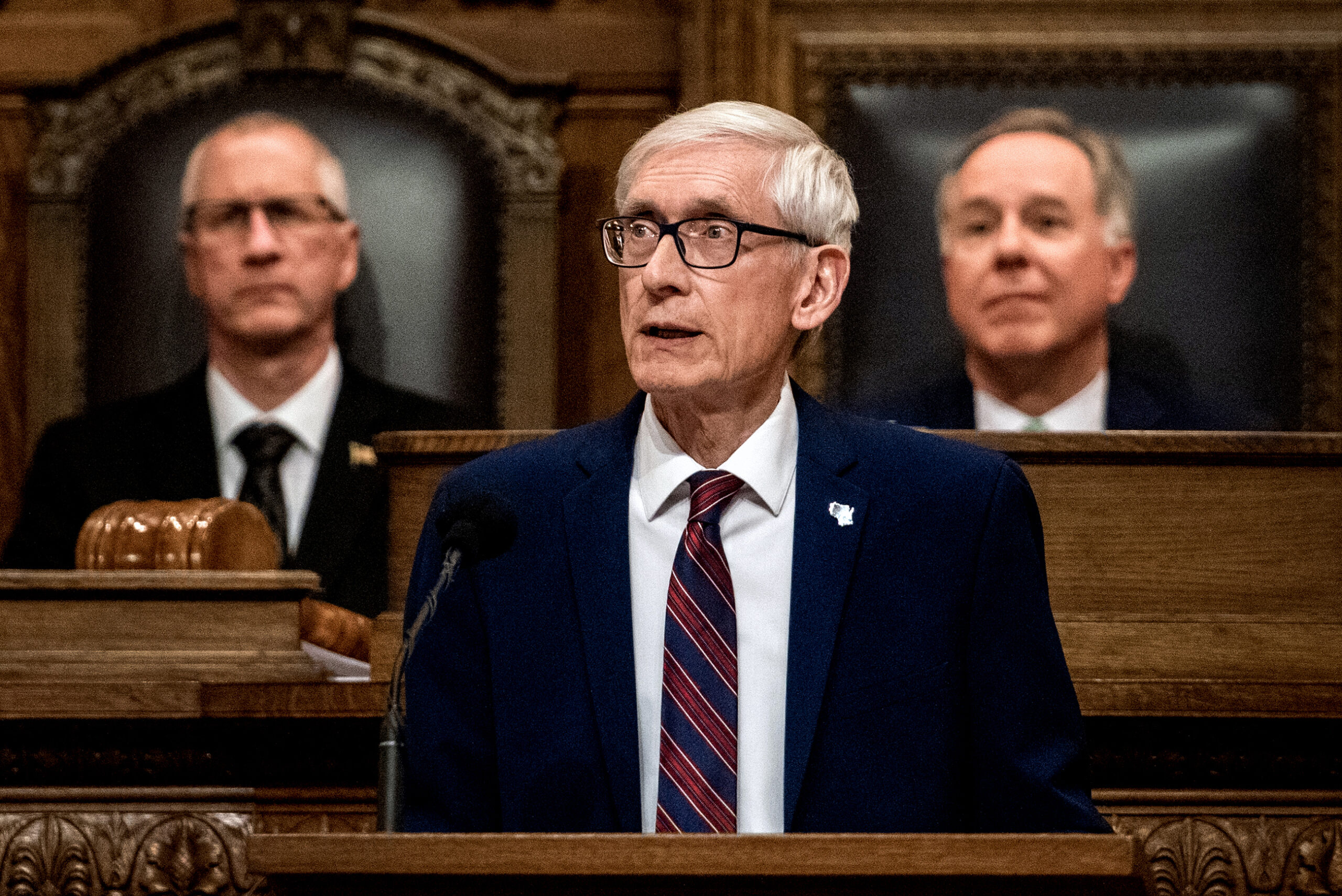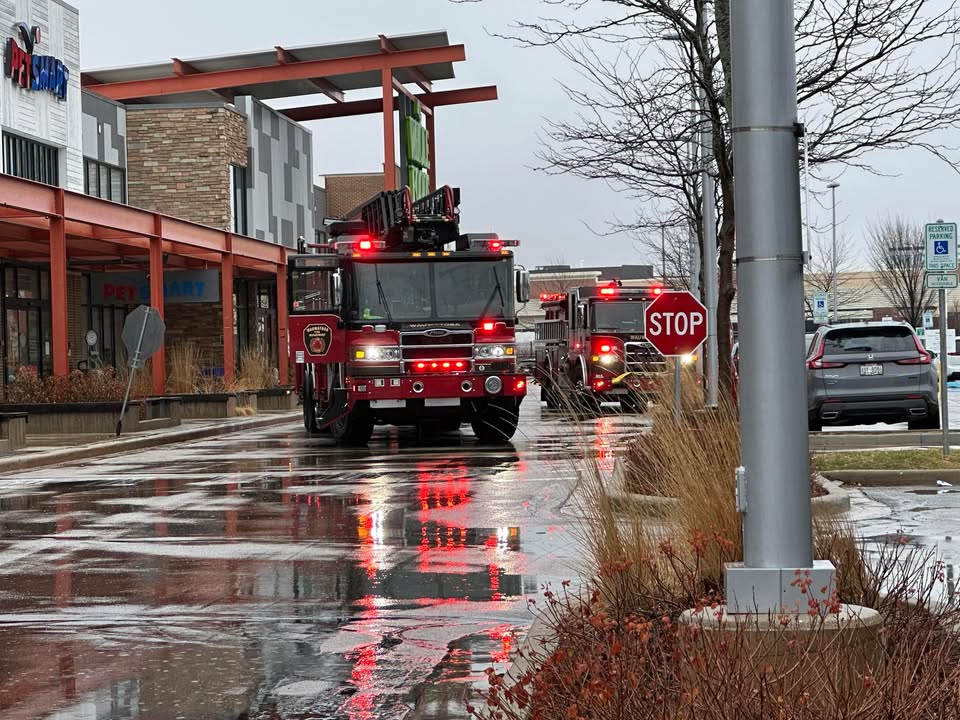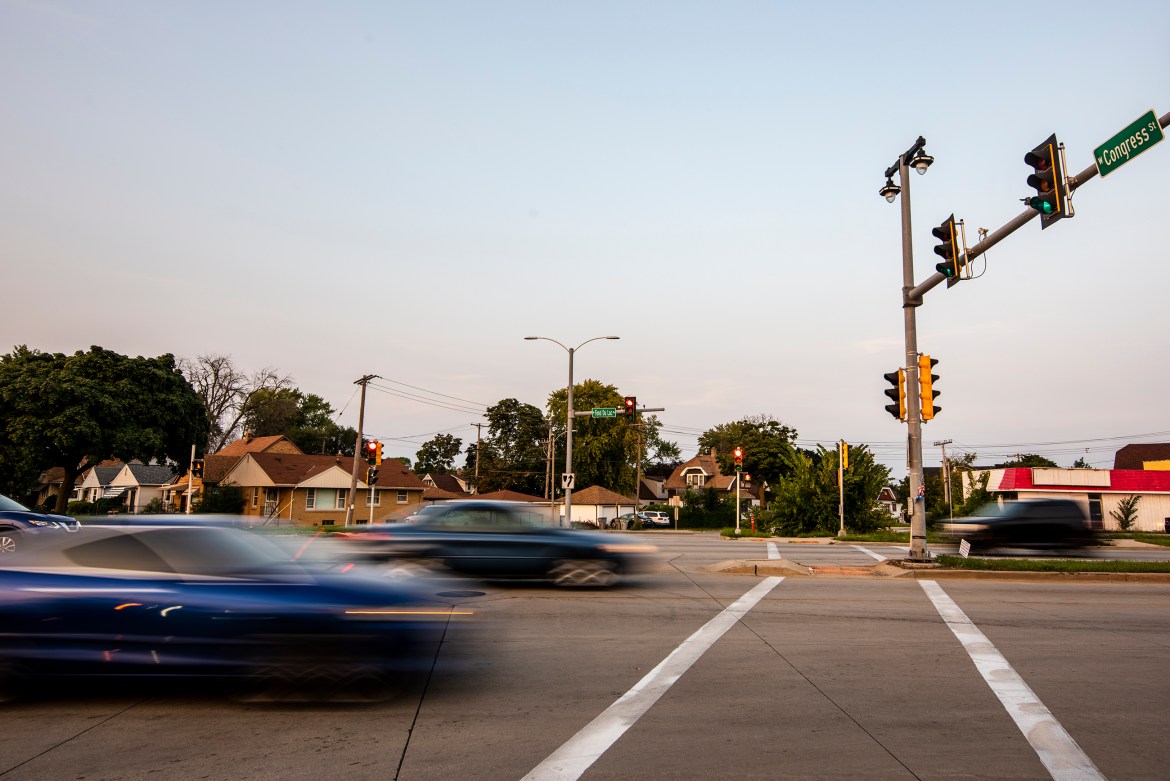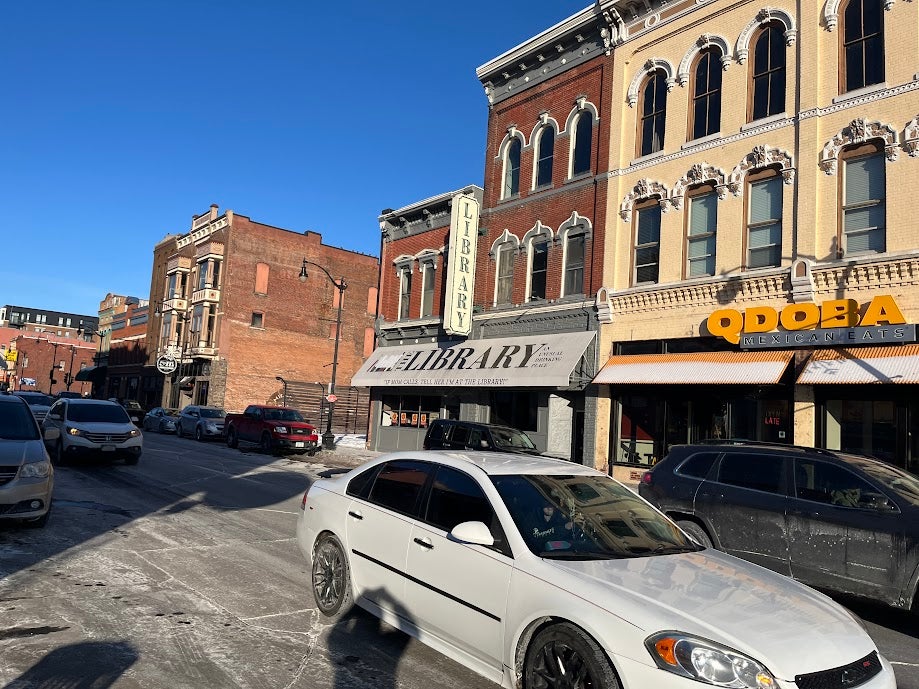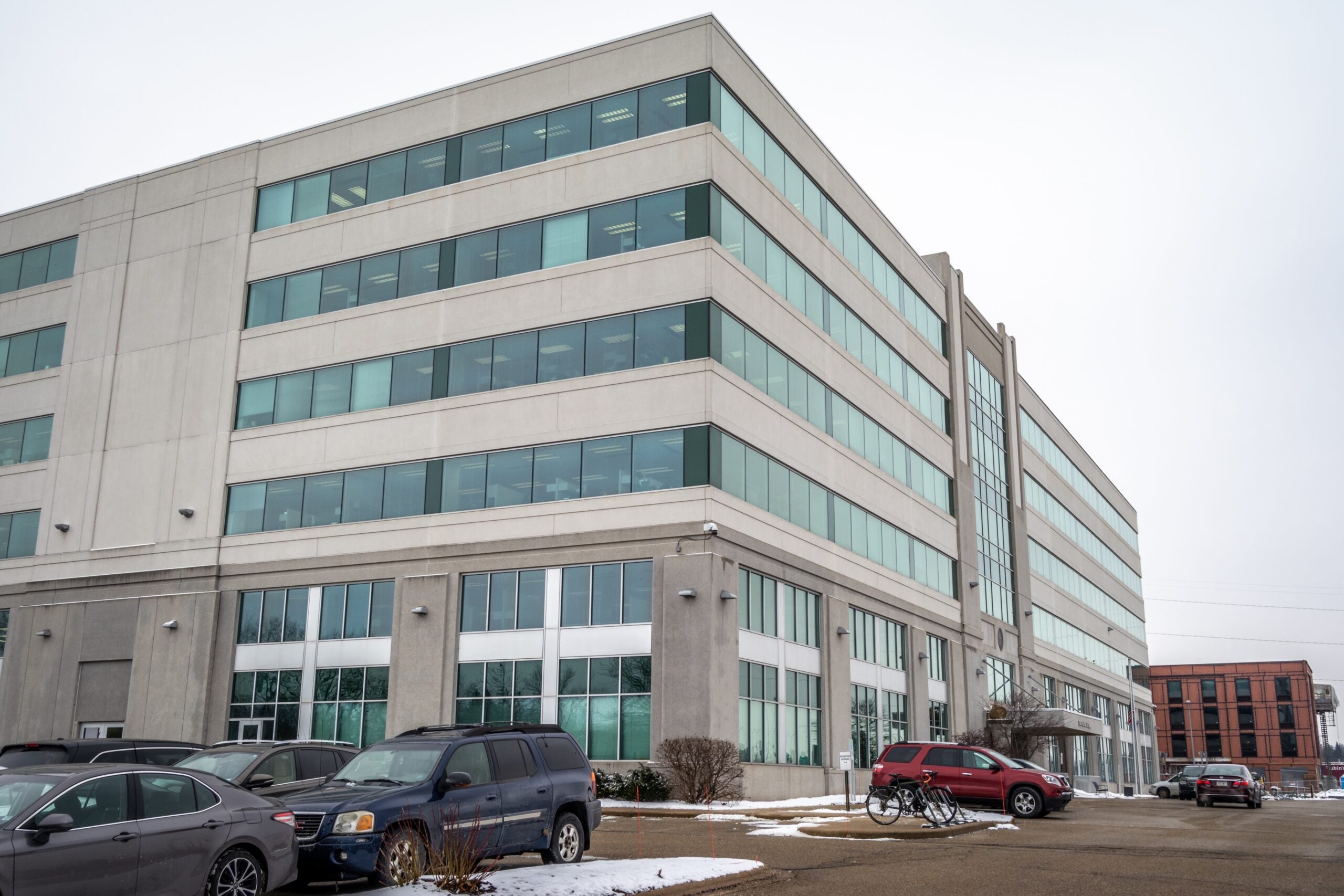Leaders of Wisconsin’s two largest local government associations say they expect changes are coming for the state’s “broken” shared revenue system, they’re just not sure what that will look like.
Still, they say bipartisan discussions about the need to address the system that funnels state funds to Wisconsin’s counties and municipalities are a big deal because communities around the state, from the smallest towns to the largest cities, are struggling to pay for basic government services.
During his state budget address Jan. 24, Democratic Gov. Tony Evers pledged to send 20 percent of state sales tax revenues back to local governments. Evers’ budget proposal also calls for allowing Milwaukee County to impose an additional 1 percent sales tax, with half of those proceeds going to the City of Milwaukee.
News with a little more humanity
WPR’s “Wisconsin Today” newsletter keeps you connected to the state you love without feeling overwhelmed. No paywall. No agenda. No corporate filter.
The governor’s call for dedicating a portion of sales tax income toward shared revenue is similar to one discussed by Republican leaders in the Legislature since December. The Legislature’s plan calls for dedicating 1 cent of every 5 cents the state collects in sales tax to local communities.
“The soup hasn’t been cooked, but we at least have agreed on the pot that the soup is going to go in,” Wisconsin Towns Association Executive Director Mike Koles told Wisconsin Eye’s Newsmakers on Monday. “That’s tremendous. We haven’t been there in a long time.”
Wisconsin’s system of funding local governments, known as shared revenue, dates back to 1911. That’s when lawmakers created the first state income tax in the U.S. The original deal dedicated 70 percent of those tax collections to municipalities, 20 percent to counties and 10 percent to the state.
Since then, the formula has been changed multiple times and the percentages being paid to local governments have dramatically declined, according to an analysis by the Wisconsin Policy Forum. In 2021, income tax receipts hit a record $9.28 billion while the amount going back to local governments in the shared revenue program were around $830 million, less than what was sent back in 1993.
That disconnect has pushed many municipalities, towns and counties to launch voter referendums aimed at raising property taxes to prevent cuts to police, fire and ambulance services. It’s also led to warnings that the City of Milwaukee is “nearing the brink” due unsustainable revenue levels, diminished capacity to sustain core services and looming costs associated with the city’s pension system.
For League of Wisconsin Municipalities Executive Director Jerry Deschane, whether the change to Wisconsin’s shared revenues system comes from Gov. Evers or Republican leaders in the Legislature is irrelevant.
“We are willing to resolve this, address this issue almost any way you can think of,” Deschane said, noting that the League and Towns Association aren’t endorsing any specific plan yet.
“We just are thrilled that the discussion is taking place,” Deschane said.
While the governor and GOP leaders appear to agree on using a portion of state sales tax to boost shared revenues, Assembly Speaker Robin Vos, R-Rochester, has said he wants to see reforms at the local level first, including potential consolidations of government services. Deschane and Koles say consolidation has already happened with fire and ambulance services around the state.
Both groups have been telling the municipalities, towns and counties they represent not to get ahead of themselves by building budgets around potential changes to the state’s revenue sharing program. Deschane said it’s important for stakeholders to remain focused on getting badly needed updates included in the final 2023-25 state budget.
“One thing that will blow this whole effort up is if we start doing a tug of war and fighting over who gets whatever share of whatever fictional pie,” Deschane said. “You know, let’s get the pie baked. Let’s get the pie bigger and it’ll take care of itself.”
Koles agreed and said whatever it looks like, he’s certain there will be a fix to Wisconsin’s shared revenue program this year.
“It will be substantial,” Koles said. “It will positively impact all corners of the state and the citizens will be impacted positively in the services — core services — that we have to provide to them.”
Wisconsin Public Radio, © Copyright 2026, Board of Regents of the University of Wisconsin System and Wisconsin Educational Communications Board.

